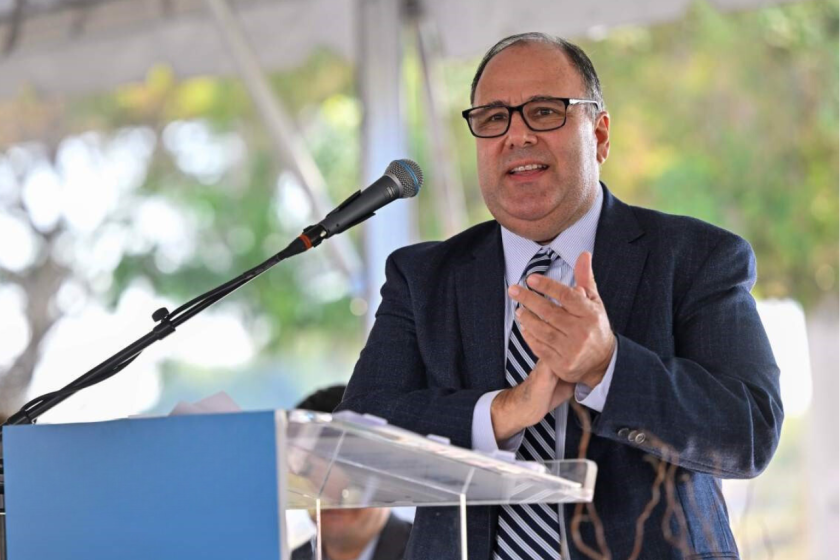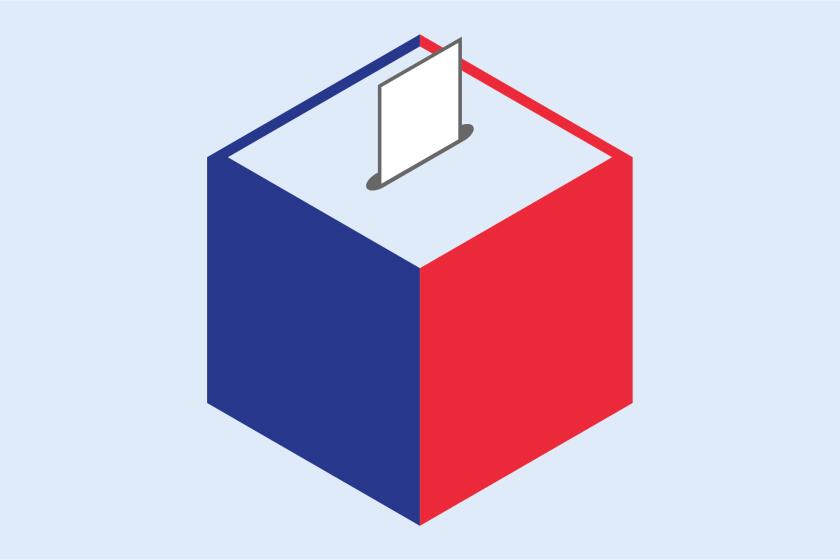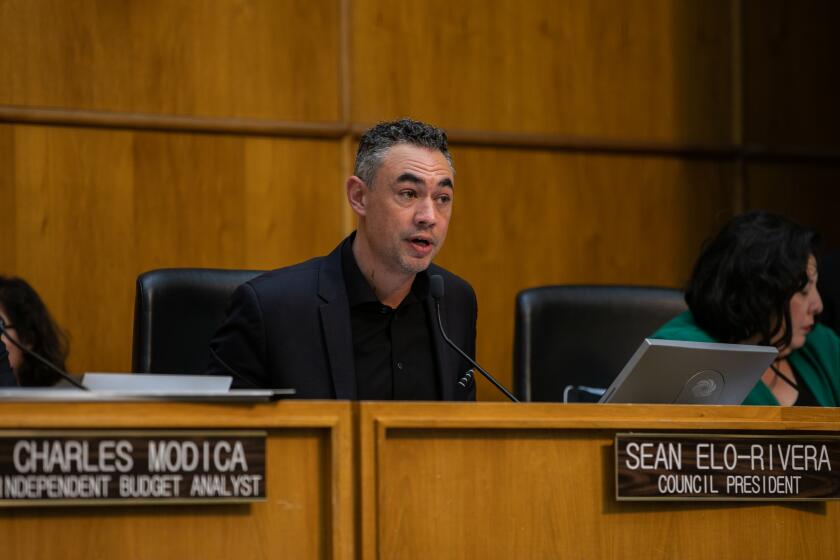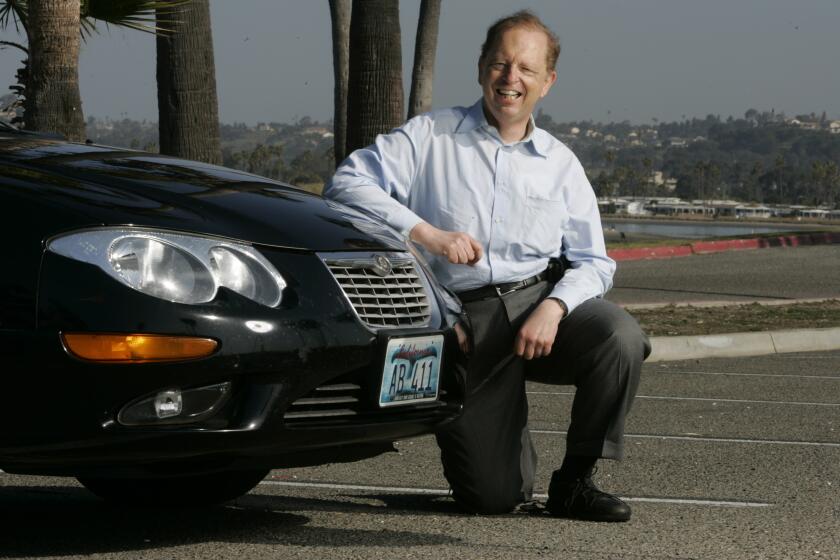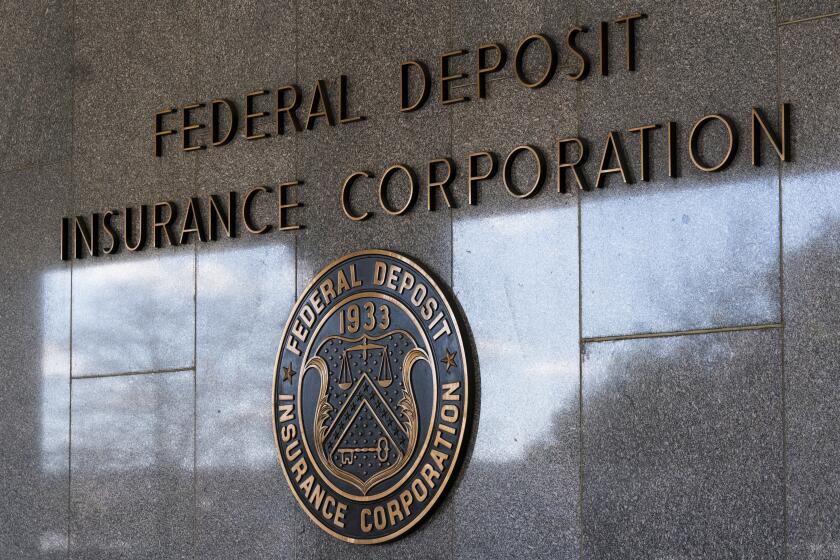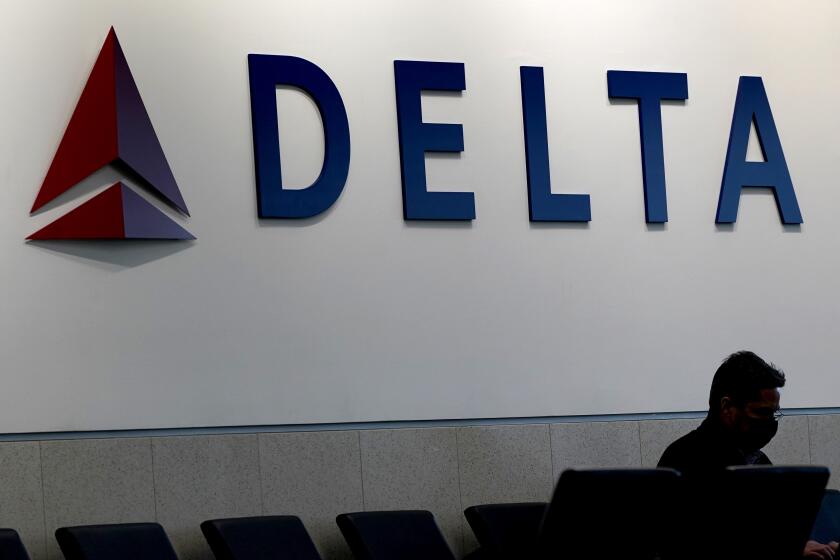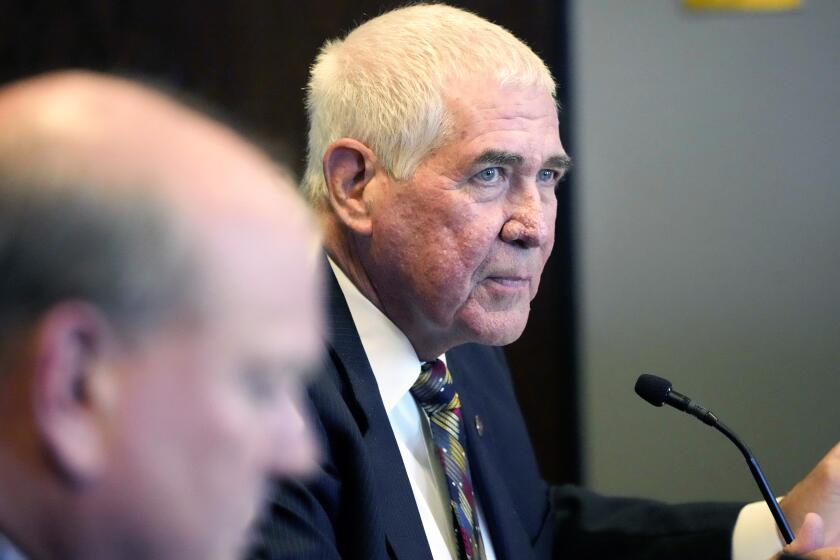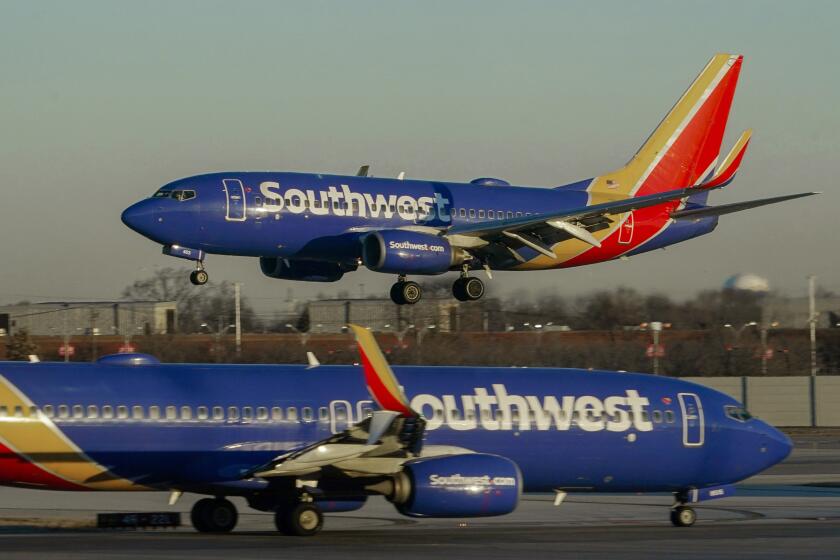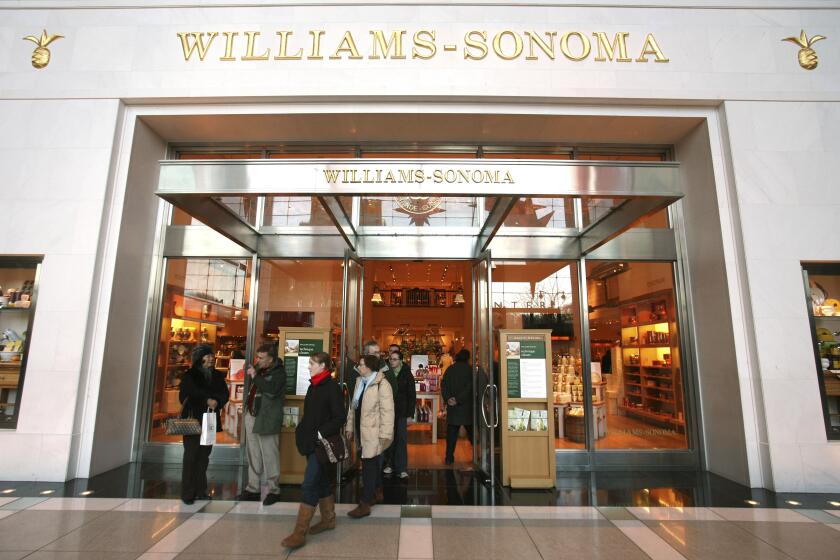Wage hike foes exceed signature goal
Opponents of gradually raising San Diego’s minimum wage to $11.50 an hour by 2017 said Tuesday they have collected and submitted significantly more than enough signatures to require a referendum in June 2016.
If the signatures are validated by the Registrar of Voters, the minimum wage increases approved by the City Council this summer won’t start taking effect in January as scheduled and will be on hold until voters can weigh in nearly two years from now.
“San Diego voters have spoken,” said Jerry Sanders, chief executive of the San Diego Regional Chamber of Commerce. “The ball’s now in the council’s court. They have the ability to rescind this policy and let our small businesses focus on creating jobs.”
Sanders said during a press conference outside City Hall that opponents submitted more than 56,000 signatures they’ve gathered during the last month to the Registrar of Voters on Tuesday, 22,000 more than the nearly 34,000 required.
Supporters of the wage hike said shortly after Sanders’ announcement that they still hope to have enough signatures invalidated by people who claim they signed under false pretenses.
“San Diegans have until tomorrow at 5 p.m. to take their name off the petitions,” Raise Up San Diego said in a statement, adding that thousands of people had already done so.
Raise Up San Diego has created a website, theyliedtome.net, for people who want their names removed.
A spokesman for the opponents said it was highly unlikely enough signatures would be removed to prevent the referendum. Supporters had submitted 2,000 “recission” requests through Monday night, and only about half of those requests are typically successful, the spokesman, Jason Roe, said.
“We’re not terribly worried,” Roe said.
Council President Todd Gloria, who spearheaded the city’s minimum wage legislation this year, said he wasn’t surprised that so many signatures were gathered, contending that the campaign was deceitful and funded by corporate interests.
Gloria also said he’s not willing to concede that opponents have enough signatures.
“Certification of the necessary signatures is not assured,” he said, requesting that supporters of the wage hike be allowed to observe the official counting and verification of the signatures.
In addition to recission requests, the registrar will also reject signatures from people who aren’t registered voters in the city of San Diego and signatures that are invalid for other reasons.
The ability of opponents to gather so many signatures seems to reflect polls that have shown a majority of San Diegans think the minimum wage increase should have been to put to a public vote. Gloria and his council colleagues considered that option, but chose instead to approve the increases as an ordinance.
Among other cities and counties that have raised their local minimum wages in recent years, about half have chosen ordinances over ballot measures.
Sanders said opponents are confident a majority of city voters will reject the pay hikes in June 2016.
“We know that as San Diegans learn more they’ll oppose this increase when it makes it to the ballot,” Sanders said.
Sanders said the council could avoid such a vote by simply rescinding the wage hike ordinance, which they approved in July and endorsed again in August when they overrode Mayor Kevin Faulconer’s veto of it.
This referendum campaign continues a string of efforts by the local business community to overturn legislation they contend will hurt local companies and cost San Diego jobs and prosperity.
Opponents say raising the minimum wage will force small businesses to increase prices, lay off workers, search for greater automation and possibly shut down or leave San Diego. It will also accelerate inflation, they say.
Supporters say it will help local business by boosting the buying power of many thousands of low-wage workers. They also say it’s not acceptable that people working full-time can’t afford the basics in San Diego.
Sanders noted that more signatures were gathered for this referendum than one that overturned zoning changes in Barrio Logan this year, which got 52,000 signatures, and one opposed to a “linkage fee” developers would have paid to fund affordable housing, which got 53,000 signatures.
“Neither of those faced anywhere near the amount of union bullying and voter intimidation that this one did,” he said.
Supporters of the wage hike have countered that signature gatherers have been more dishonest this time than in previous referendum efforts, exaggerating the size of the increase and making other unwarranted assertions.
Gloria said the way things played out this summer raises long-term questions about the city’s referendum process.
“The documented deceit of the signature gatherers over the last 30 days raises concerns over our referendum process that may be worth examining to ensure this process is used as a legitimate check and balance and not as a way for a small group of people with deep pockets to buy results that could not be attained through the public process,” he said.
The statewide minimum wage rose from $8 an hour to $9 on July 1 and is scheduled to become $10 in January 2016. The city legislation would increase San Diego’s minimum wage to $9.75 in January 2015, $10.50 in January 2016 and $11.50 in January 2017. Further increases based on inflation would begin in January 2019.
The city legislation would also provide full-time workers with five paid sick days per year.
Get U-T Business in your inbox on Mondays
Get ready for your week with the week’s top business stories from San Diego and California, in your inbox Monday mornings.
You may occasionally receive promotional content from the San Diego Union-Tribune.

